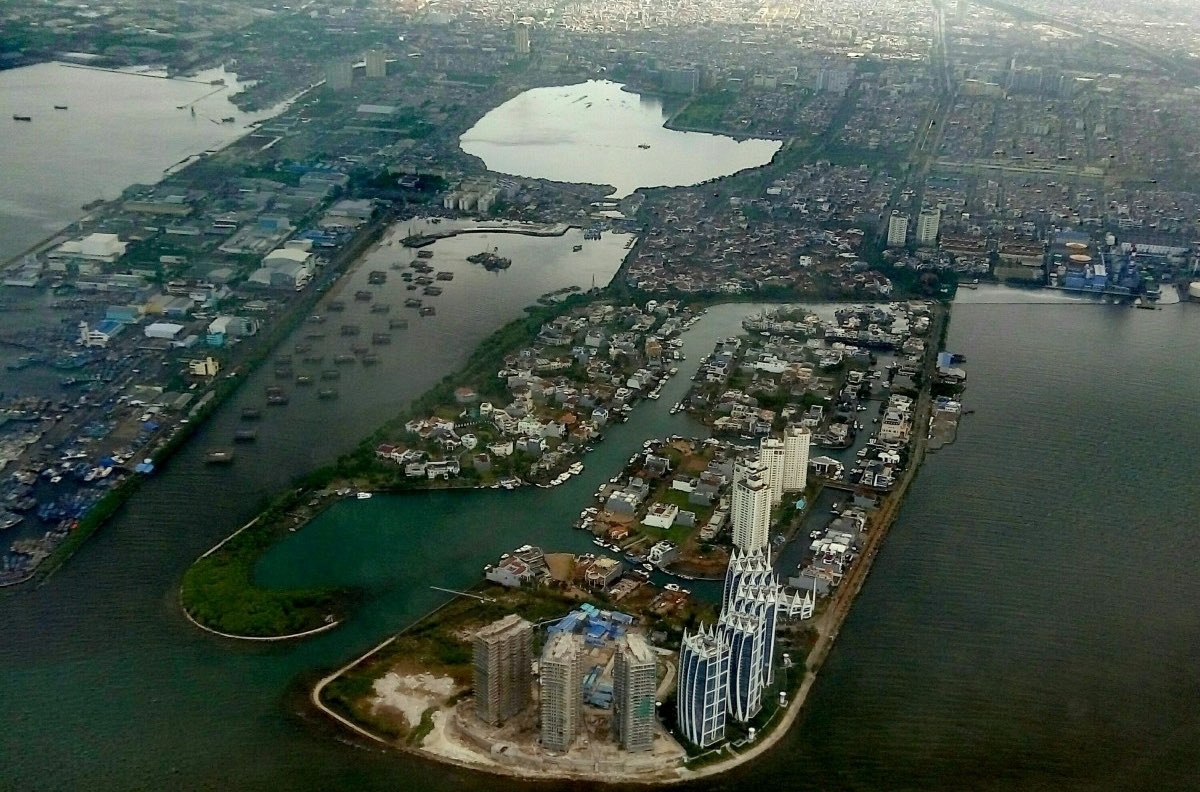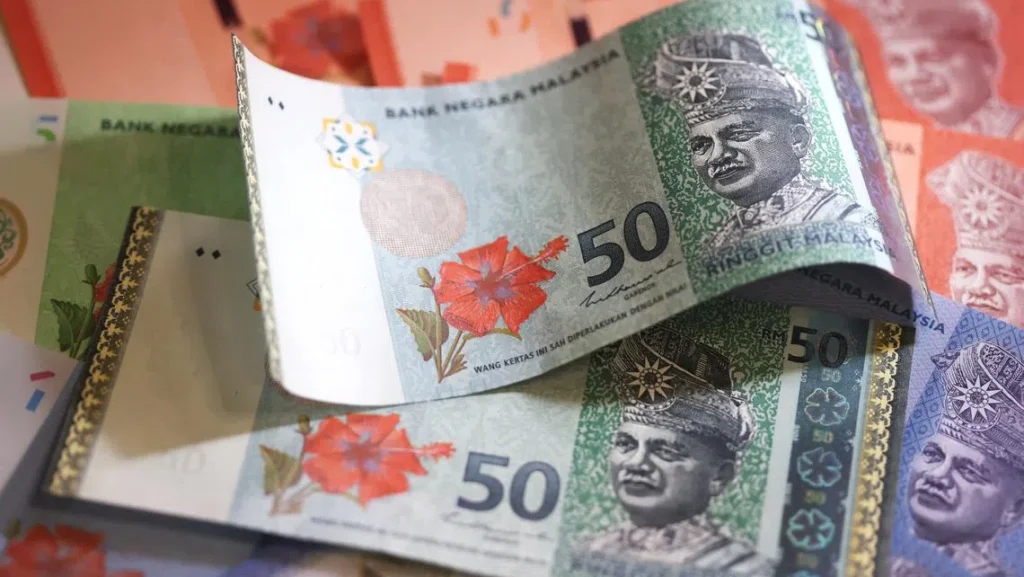Amidst the swirling currents of urbanization and climate change, Indonesia finds itself at a critical juncture, with the destiny of its capital, Jakarta, hanging precariously in the balance. Nestled on the northwest coast of Java, Jakarta, a bustling metropolis pulsating with life and commerce, has long been the epicenter of Indonesia’s political, economic, and cultural milieu. However, the city now faces an existential threat as it grapples with the relentless onslaught of sinking grounds, a consequence of unchecked urban development coupled with the menacing rise of sea levels. With nearly 40% of its terrain succumbing to the encroaching waters, Jakarta stands as a poignant testament to the urgent perils posed by climate change.
In a bid to secure the nation’s future, Indonesia’s leadership, helmed by President Joko Widodo, has embarked on a momentous odyssey. In August 2019, amidst mounting environmental concerns and geopolitical considerations, President Widodo sanctioned an audacious plan to relocate the capital from Jakarta to Nusantara, an ambitious new city poised to grace the eastern shores of Borneo. Positioned approximately 870 miles north of Jakarta, Nusantara emerges as a bold departure from convention, heralding a paradigm shift towards resilience and sustainability in governance.
The selection of Nusantara as the site for the new capital was a decision borne out of meticulous scrutiny and strategic foresight. Deliberations weighed heavily on identifying a locale shielded from the ravages of natural disasters, such as earthquakes and tsunamis, which have long plagued Jakarta. Unlike its imperiled predecessor, Nusantara boasts a more stable geological foundation, perched resolutely by the sea with a reduced susceptibility to seismic tremors. Moreover, the choice underscores President Widodo’s overarching vision of national unity and inclusivity, transcending the geographical vastness of Indonesia’s archipelagic tapestry.
The magnitude of the undertaking is staggering. With an estimated investment of $35 billion, the construction of Nusantara epitomizes a monumental commitment to the nation’s posterity. Although slated for completion in 2045, the wheels of progress are already in motion, with a vanguard of 6,000 government functionaries poised to inaugurate the nascent city by October, coinciding with the next presidential inauguration. Driving this Herculean effort is a workforce numbering between 150,000 to 200,000, a testament to the sheer scale and ambition of the endeavor.
While the decision to relocate the capital echoes historical precedents set by nations like Brazil and Nigeria, Indonesia’s narrative is distinguished by the exigencies of the climate crisis. As Jakarta teeters on the brink of becoming the world’s fastest-sinking megacity, the imperative for action has never been more acute. Rising sea levels and rampant subsidence cast a specter of uncertainty over the city, imperiling millions of lives and livelihoods in its wake.
Beyond the realm of climate imperatives, the migration of the capital to Nusantara carries profound symbolic resonance. It embodies Indonesia’s indomitable spirit, resilient in the face of adversity, and underscores the unity that binds its diverse populace. Furthermore, it presents an unprecedented opportunity to reimagine governance in the 21st century, fostering innovation and inclusivity in urban planning and administration. As Indonesia steers its course towards a more sustainable future, the world watches with rapt attention. Nusantara emerges not merely as a city in the making, but as a beacon of hope amidst the tumultuous currents of an uncertain world. At its core lies the collective aspirations of a nation, united in purpose and steadfast in its resolve to carve a path towards prosperity and resilience for generations to come.









